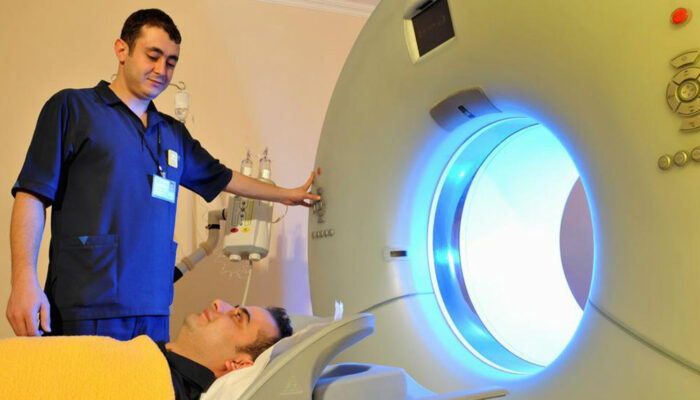
Trigger Foods for Crohn’s Flare Ups
For people suffering from Crohn’s disease, maintaining a healthy diet is not an easy task. For instance, if you are experiencing chronic diarrhea, you have lots of nutritional deficiencies to overcome. Furthermore, certain foods, even those considered to be nutritious like raw vegetables and fruits, can trigger or worsen the symptoms of Crohn’s disease.
As you all know, foods differ from person to person, nevertheless, it is necessary to be cautious to prevent excessive nutrient, protein, and calorie deprivation. According to nutritional experts, it is essential to a food diary when establishing a diet for Crohn’s disease. This is because foods that may trigger Crohn’s disease vary so widely. Additionally, not all Crohn’s patients are the same. According to a gastroenterologist at Cleveland Clinic, recording what you eat is very essential as it allows you to see the correlation (if any) between what you eat and the symptoms. Furthermore, documenting your daily diet also helps you keep count of your average vitamin, nutrients, proteins, and calorie intakes. Here are the common triggers of Crohn’s disease:
1. Lactose
Lactose intolerance is a common occurrence for people suffering from Crohn’s disease. It means that your body’s ability to digest lactose, the sugar found in cheese, milk, and other dairy products is inadequate. For this reason, you may suffer from symptoms like gas, bloating, diarrhea, and cramping. According to Gina Jarman Hill, Ph.D., RD, a nutrition professor at Texas Christian University, dairy products are a good source of protein, calcium, and vitamin D; therefore, if you become intolerant to these products, you should search for a substitute.
In her view, this will help minimize Crohn’s symptoms while still staying healthy.
2. Spicy food
This is somewhat direct and easy. Spicy food can result in a more painful experience when your Crohn’s symptoms shift to overdrive. However, this varies from one person to another. So, with that in mind, it is vital to identify the foods that you can or cannot tolerate.
3. Greasy or fried food
It is common for persons with Crohn’s disease to grow intolerance to the fat in certain foods like French fries and fried chicken, creams, and heavy sauces. This is mainly because their small intestines are unable to absorb them fully. As a result, one can experience certain symptoms like loose stool and cramping. Instead of eating greasy or fried foods, choose diets that are steamed, boiled, or baked. All the same, it is advisable to avoid preservatives, refined sugar, processed meats, and fatty foods at all times.
4. High fiber foods
When the symptoms of crohn’s disease are at their worst, it is particularly very essential to steer clear of foods with high fiber concentrations. Instead, portions of pasta and refined bread should be part of your diet.
5. Foods with gluten
If you have active Crohn’s flares, a better choice for you would be refined wheat products rather than whole-grain options. However, if you cannot digest the gluten present in wheat products, this alternative will not work for you. If that is the case, it is advisable to avoid all products containing gluten.



